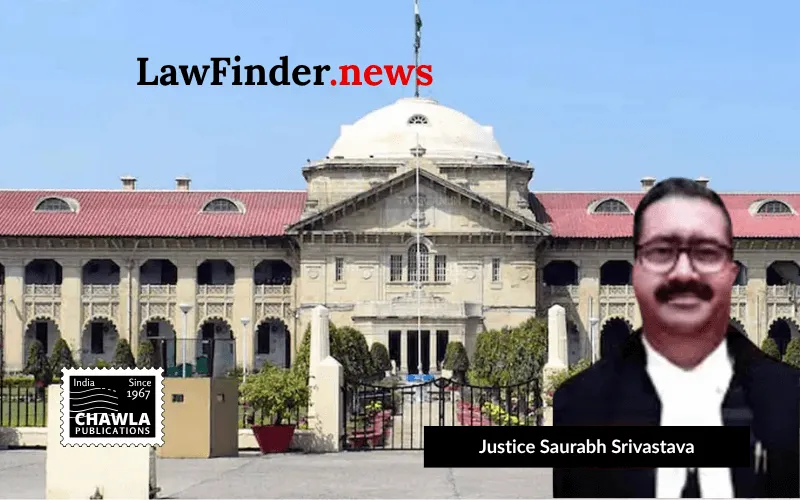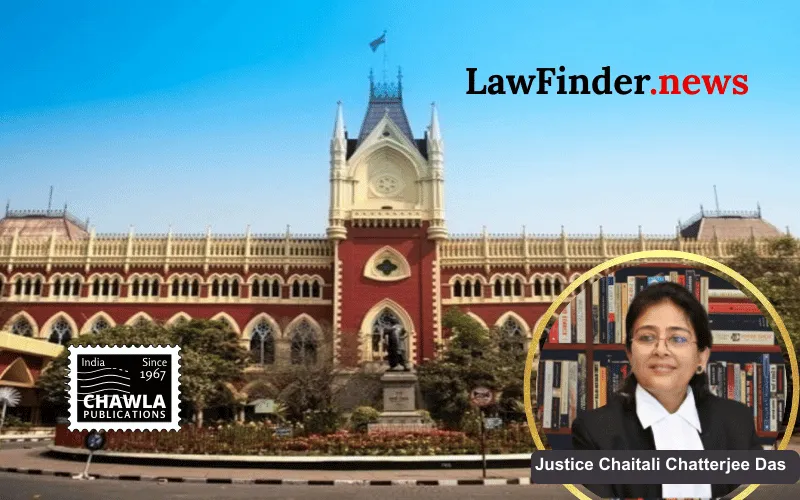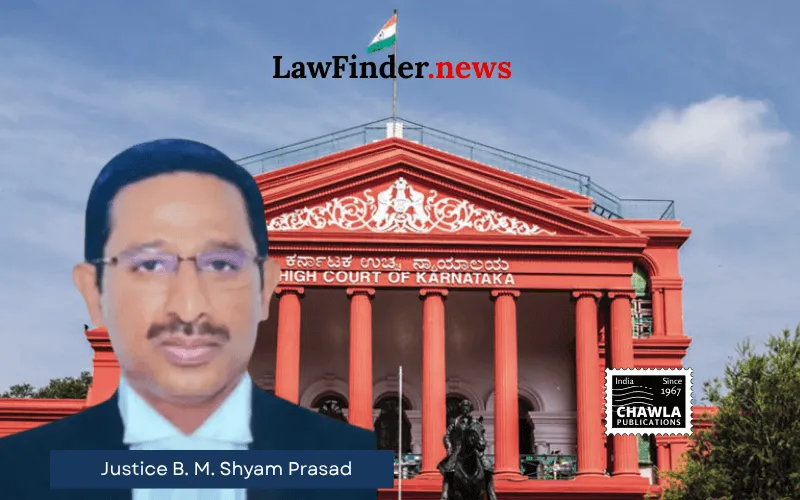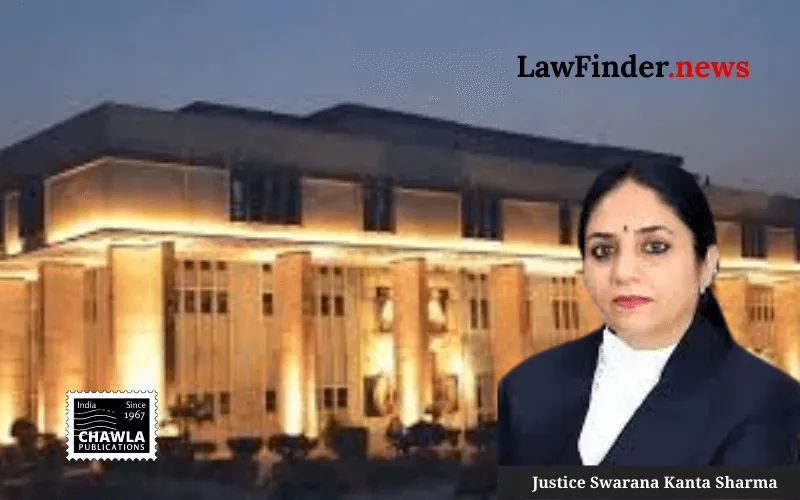In the landmark judgment delivered by the Supreme Court of India in Madras Bar Association v. Union of India (2025), the Court emphatically reaffirmed a fundamental constitutional principle: the Legislature cannot ignore or override Supreme Court verdicts, especially on matters concerning the independence of the judiciary and the constitutional framework.
This judgment offers a profound insight into the delicate balance among the three pillars of governance - the Legislature, the Executive, and the Judiciary-under the Constitution of India. It underscores that while the Legislature enjoys wide powers to make laws, such powers are not absolute and must conform to the Constitution as interpreted by the Supreme Court.
The Constitutional Supremacy and Judicial Review
The Indian Constitution is the supreme law of the land. Unlike the doctrine of parliamentary sovereignty prevalent in some countries, India’s constitutional scheme is based on constitutional supremacy. This means that all organs of the State, including the Legislature, derive their authority from the Constitution and are bound by its provisions and basic structure.
The Supreme Court, as the guardian and final interpreter of the Constitution, exercises judicial review over legislative actions to ensure they conform to constitutional mandates. Once the Court pronounces on the constitutional validity of a law or legislative provision, that pronouncement becomes binding law under Article 141 of the Constitution.
The Court in Madras Bar Association reiterated the settled position that Parliament cannot simply enact a law that contradicts or nullifies a binding Supreme Court judgment without curing the constitutional defects identified. Any such attempt amounts to a legislative override and violates the doctrine of separation of powers and the rule of law.
The Case of Tribunal Reforms Act, 2021: Legislative Override Rejected
The judgment arose from a challenge to the Tribunal Reforms Act, 2021, which effectively replicated provisions previously struck down by the Supreme Court in a series of judgments (notably Madras Bar Association series from 2010 to 2022 and Rojer Mathew (2020)).
Key features of the impugned Act, such as:
- - A minimum age limit of 50 years for tribunal appointments,
- - A truncated tenure of four years for tribunal members,
- - The executive-dominated Search-cum-Selection Committee recommending multiple names,
- - The fixation of salary and allowances equivalent to government officers, were all held to be unconstitutional. These provisions were found to dilute the independence of tribunals, infringe judicial independence, and violate the separation of powers.
The Court emphasized that the Act did not cure the constitutional infirmities pointed out earlier. Instead, it re-enacted the defective provisions under a different statute, effectively ignoring the Supreme Court’s previous verdicts.
This was held to be impermissible, and the impugned provisions were struck down.
Why Legislature Cannot Ignore Supreme Court Verdicts?
1. Constitutional Supremacy Mandates Compliance: All organs of the State are subordinate to the Constitution. The Supreme Court’s interpretation of the Constitution is the final authority. Legislative action must conform to this interpretation.
2. Doctrine of Separation of Powers: Each organ has defined powers and limitations. While the Legislature enacts laws, the Judiciary interprets them. The Legislature cannot encroach upon the Judiciary’s domain by enacting laws that undermine judicial independence or violate constitutional safeguards.
3. Rule of Law and Judicial Independence: Judicial independence is a basic structure of the Constitution. It ensures fair, impartial adjudication and public confidence in the justice system. Legislative attempts to undermine this independence threaten the rule of law.
4. Judgments as Binding Law: Supreme Court judgments on constitutional issues bind all authorities. They are not mere suggestions but mandatory directions. The Legislature can respond by curing defects but cannot simply re-enact invalid provisions.
The Constitutional Dialogue and Legislative Role
The Court acknowledged that the Legislature has the power to make laws and shape policy, but this power is subject to constitutional limitations. The Legislature can cure defects identified by the Court through appropriate legislation that aligns with constitutional principles. However, it cannot ignore or defy the Court’s constitutional findings.
The judgment also rejected the Union of India’s plea to refer the matter to a larger Bench, noting that the issues have been repeatedly examined by Constitution Benches, and no new constitutional question arises.
The Way Forward: Respecting Constitutional Norms
The Supreme Court directed the Union Government to establish a National Tribunals Commission within four months, an independent body to oversee appointments, tenure, and administration of tribunals, ensuring their independence and efficiency.
It also clarified that all appointments made under previous valid frameworks remain protected, emphasizing stability and legitimate expectations.
The Court’s tone was one of disappointment over the Legislature’s repeated attempts to circumvent judicial directions but also hopeful that constitutional principles will prevail.
Conclusion
The Madras Bar Association judgment is a clarion call for the Legislature to respect Supreme Court verdicts and uphold constitutional supremacy. It reiterates that:
- The Constitution is the paramount law.
- The Judiciary is the final interpreter of the Constitution.
- The Legislature must legislate within constitutional boundaries.
- Legislative attempts to ignore or override judicial pronouncements without curing defects are unconstitutional.
In a democracy governed by the rule of law, respect for judicial decisions is indispensable for the proper functioning of governance and the protection of citizens’ rights. The Legislature, while sovereign in its domain, cannot ignore Supreme Court verdicts - it must heed them or face constitutional invalidation.
References:
Madras Bar Association v. Union of India, (2025) Supreme Court of India
Rojer Mathew v. South Indian Bank Ltd., (2020) 6 SCC 1
Union of India v. R. Gandhi, (2010) 11 SCC 1
L. Chandra Kumar v. Union of India, (1997) 3 SCC 261
His Holiness Kesavananda Bharati Sripadagalvaru v. State of Kerala, (1973) 4 SCC 225
© Chawla Publications (P) Ltd.




